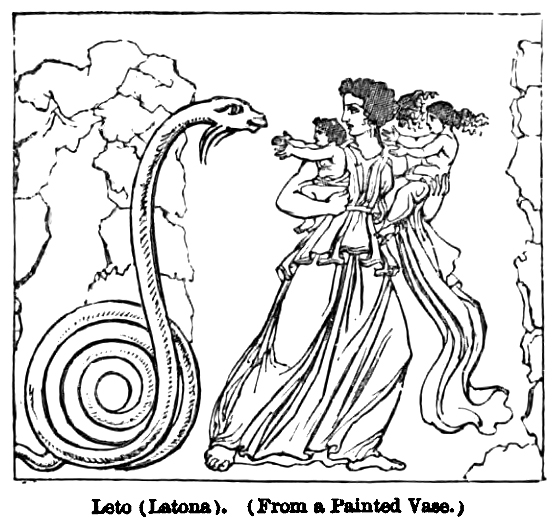
Sergej Chodarev
Sergej Chodarev



If it looks like a duck, swims like a duck, and quacks like a duck,
then it probably is a duck.
class Dog:
kind = 'canine'
def __init__(self, name):
self.name = name
self.tricks = []
def add_trick(self, trick):
self.tricks.append(trick)
fido = Dog('Fido')
fido.add_trick('roll over')
print("Hello, world!")
def hello():
print("Hello, world!")
hello()
class Hello:
def great(self):
print("Hello world!")
Hello().great()
def hello(name):
print("Hello,", name)
def hi(name):
print("Hi,", name)
functions = [hello, hi]
for f in functions:
f("Sergej")
class A:
...
class B:
...
classes = [A, B]
objects = []
for c in classes:
objects.append(c())
class Hello:
print("Hello, world!")
Čo sa stane?
class LineItem:
def __init__(self, description, weight, price):
self.description = description
self.weight = weight
self.price = price
def subtotal(self):
return self.weight * self.price
def get_weight(self):
return self._weight
def set_weight(self, value):
if value > 0:
self._weight = value
else:
raise ValueError('value must be > 0')
weight = property(get_weight, set_weight)
type(object)isinstance(object, classinfo)issubclass(class, classinfo)dir(object), vars(object)hasattr(object, name), getattr(object, name)callable(object)__name____class____bases____dict____init__(self, args…) → ClassName(args…)
__str__(self) → str(object)
__bool__(self) → bool(object)
__hash__(self) → hash(object)
__eq__(self, other) → object == other
__getattr__(self, name) → print(object.name)
__setattr__(self, name, value) → object.name = value
__call__(self, args…) → object(args…)
__getitem__(self, key) → object[key]
toString(), equals(), hash()__str__(), __eq__(), __hash__()operator@decorator@decorator
def foo(args):
perform(some, operations)
def foo(args):
perform(some, operations)
foo = decorator(foo)
def onexit(f):
import atexit
atexit.register(f)
return f
@onexit
def func():
...
def singleton(cls):
instances = {}
def getinstance():
if cls not in instances:
instances[cls] = cls()
return instances[cls]
return getinstance
@singleton
class MyClass:
...
class LineItem:
...
@property
def weight(self):
return self._weight
@weight.setter
def set_weight(self, value):
if value > 0:
self._weight = value
else:
raise ValueError('value must be > 0')
from flask import Flask
app = Flask(__name__)
@app.route("/")
def hello():
return "Hello World!"
class Flask():
...
def route(self, rule, **options):
def decorator(f):
endpoint = options.pop('endpoint', None)
self.add_url_rule(rule, endpoint, f, **options)
return f
return decorator
type(fido) == Dog
type(Dog) == type
class MyClass(metaclass=Meta):
pass
class Cached(type):
def __new__(mcs, name, bases, dct):
dct['_cache'] = {}
return super().__new__(mcs, name, bases, dct)
def __call__(cls, arg):
try:
return cls._cache[arg]
except KeyError:
obj = super().__call__(arg)
cls._cache[a] = obj
return obj
from django.db import models
class Question(models.Model):
question_text = models.CharField(max_length=200)
pub_date = models.DateTimeField('date published')
class Choice(models.Model):
question = models.ForeignKey(
Question, on_delete=models.CASCADE)
choice_text = models.CharField(max_length=200)
votes = models.IntegerField(default=0)
from polls.models import Choice, Question
q = Question(question_text="What's new?",
pub_date=timezone.now())
q.save()
q.question_text = "What's up?"
q.save()
q.choice_set.create(choice_text='Not much', votes=0)
q.choice_set.create(choice_text='Just hacking again', votes=0)
qs = Question.objects.all()
qs = Question.objects.get(pub_date__year=current_year)
cs = qs[0].choice_set.all()
polls/models/polls.pyfrom django.models.polls import questionsquestions.Questionquestions.get_list()questions.get_object(pk=3)def greeting(name: str) -> str:
return 'Hello ' + name
Kontrolujú len externé nástroje: mypy, PyCharm, jedi
@dataclass
class InventoryItem:
name: str
unit_price: float
quantity_on_hand: int = 0
def total_cost(self) -> float:
return self.unit_price * self.quantity_on_hand
Generuje __init__(), __eq__(), __hash__(), atď.
